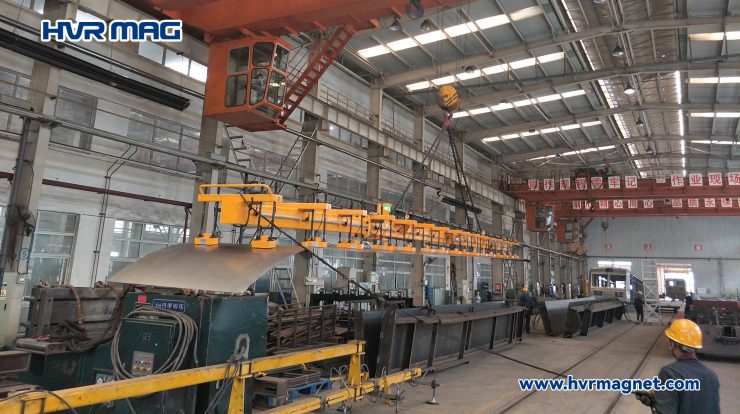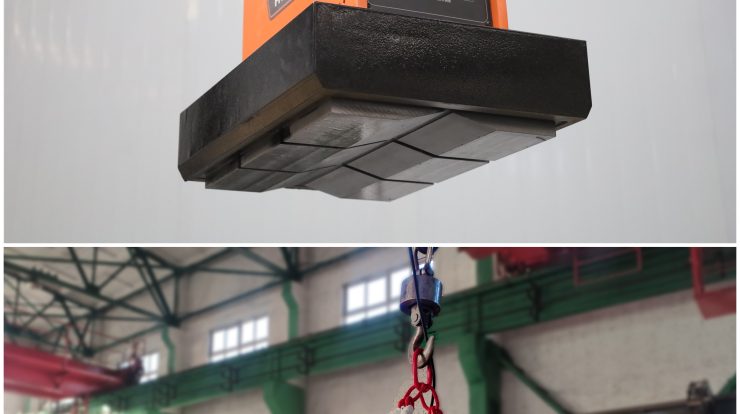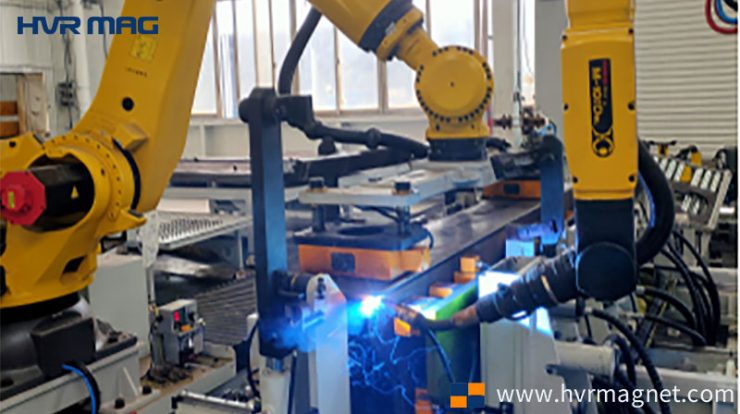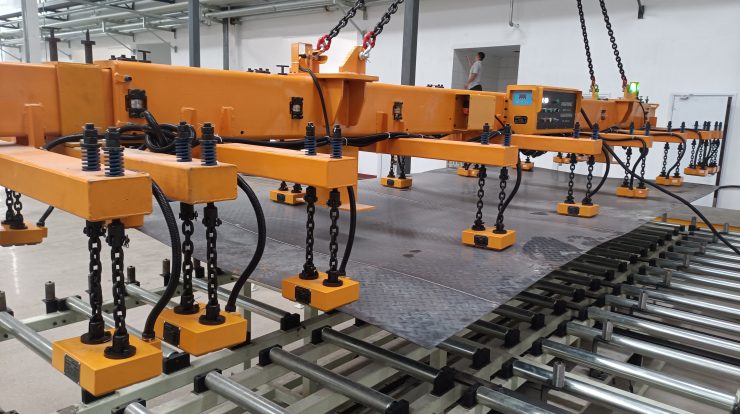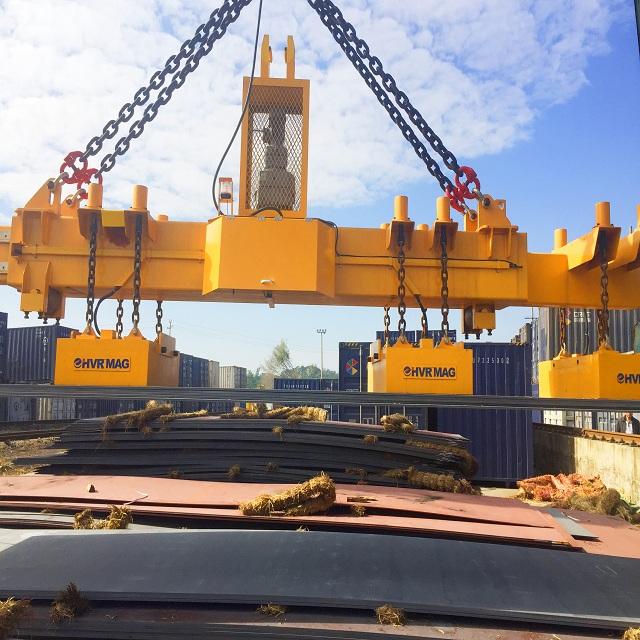6 Essential Questions for Excavator Procurement Success: A Comprehensive Guide
Keywords: excavator rock bucket, excavator auger attachment, mini excavator buckets
excavator rock bucket
excavator auger attachment
mini excavator buckets

The excavator is one of the heaviest equipment used in many construction and mining projects. A good excavator will help you carry out your work on time and with minimal effort, but a great excavator can help you carry out your work on time with negligible efforts while also making you loads of money. Purchasing excavators can be one of the greatest investments in time and money that your business might be making. If you are in the business of making money with excavators, then make sure you consider these factors (or answer these questions to yourself) when you are purchasing your new excavator.
Excavator Procurement Q1: What is the application scenario for the excavator?
Excavators are versatile. They vary in size and applicability to multiple use cases and industries. And hence, always understand the application scenario that you are going to put the excavator through. Here are three major areas around which you should analyze your application scenario:
Purpose:
You should decide if the excavator is to be used for digging, rock-breaking, demolition, landscaping, etc., Your purpose decides 60% of your application scenario related decisions. It is also the easiest to know
Size and Power:
Find out if your application scenario needs an excavator with high engine power and speed. Usually, high engine powered excavators have a faster production capacity and can produce output at a much cheaper cost.
Dimensions and fit:
Most of the times, the excavators will be fielded in open areas. But, if you are using your excavator for specific purposes where usage or range of motion can be limited by existing structures, you can consider buying excavators within the dimensions applicable for your job site.
Reach:
In cases where you will need to use the excavator attachment from a longer distance from its main body or track.
Type of Material handled:
Excavators can have multiple attachments. Attachments in excavators are many times calibrated to specific applications. Attachment material and sizes can be determined by the type of material handled by the excavator. Materials with low density like coal, calcite, etc., can be handled by larger buckets in excavators while high density materials like metal ores might can work with smaller bucket to handle load. If the handled material is wet, then anti-corrosive material and paint might be needed on the attachment too.
Ground conditions:
You should also consider the ground conditions at your site. This can be anything from rocky, soft or wet ground to sandy or snowy or gravelly. You need to determine what type of soil you have and whether it’s safe for your excavator to work on. In most unstable ground conditions, using a crawler excavator will be the only viable option. However, if you are working in solid ground conditions like on concrete or paved roads, you may consider Wheeled excavators which can be cheaper and provide movement speed advantages.
The specification, configuration and attachments for your excavator depends on what you decide on your application scenario analysis above. You can visit Yandram.com’s excavators page to check out all the excavators that fit your specifications requirement.
Excavator Procurement Q2: How reliable is the excavator?
In this era, all construction equipment manufacturers build the best-quality of products they can. However, these high-quality products may have manufacturing defects. In the extreme environments where you use your excavators, these manufacturing defect incidents get exacerbated and can even lead to breakdowns.
Any downtime that is caused by such defects can weigh heavily on your pockets, especially in time-bound projects. Also, delays caused by equipment breakdowns can make your company incur excessive explicit costs including written or unwritten penalties and loss of market share and implicit costs like loss of face value, trust, etc.,
When you have shortlisted the excavator for your project based on specs, go ahead, and talk to the manufacturers. Ask the salespeople to provide some reference contacts of customers with whom you can talk and know about the pros and cons of the equipment, particularly, about the reliability of the excavator.
You can also approach construction company associations or industry groups to discuss about the quality of excavators and their brands.
Always remember, a good excavator which does not breakdown beats an excellent excavator which breaks down once every month.
Excavator Procurement Q3: How trustworthy is the dealer network and their service capabilities for the excavator?
It is important to know the dealer network and their service capabilities. The dealer should be reliable and have good service and coverage. They should also be able to provide spare parts and training. Manufacturer and dealer capabilities are drastically different across geographies. Find our the best dealer in your geography and leverage their services. Check their nearest service office and their nearest parts warehouse. You can also talk to them about various service, technical expertise and parts fill guarantees that they can provide for your excavator model.
Excavator Procurement Q4: How much is the excavator going to cost you over it’s life?
Yes, you should consider the upfront price of the machine. But there is always more when you engage an excavator as a money-making machine. An intelligent buyer will consider the Total Cost of Ownership (TCO) of their excavator. In simple terms, the TCO is just the amount of money you will shell out to run and maintain your excavator. These costs can include your fuel costs, timed service refills like oils, coolants, etc., and overall parts and upkeep of the machine.
Many business owners learn that some machines are cheaper upfront but can end up costing more than expected if they break down often or fail during work. Other machines are more expensive upfront but won’t be any more expensive in the long run because their parts are cheaper easily replaceable.
Draw up a comparison of the excavator TCO’s and make an apple-to-apple comparison. Many excavators can be high-priced upfront, but their TCOs can be substantially lesser than their competitors.
Excavator Procurement Q5: What financing options are available?
The financing options available to you will depend on your credit history and the amount of money you want to spend. There are a variety of different types of loans and loan programs that can help you with purchasing an excavator, but each has its own advantages and disadvantages.
Another option worth considering is whether or not leasing offers enough flexibility in regards to equipment maintenance costs as well as maintenance contracts on other equipment such as backhoes; however this should be investigated thoroughly before signing any contracts because there may be hidden fees involved which could cause major problems later down the road when trying sell off these machines back onto another party who does not understand how much work goes into keeping them running smoothly day after day!
Excavator Procurement Q6: How much money can you make with the excavator when you work it and when you resell it?
The excavator you purchase decides how much money you make. Make sure you purchase an excavator that allows you to derive the highest productivity and maximum possible output during operational hours. You should decide that you stick within the project budget and buy the right excavator for the right budget. You should also consider that it is easy for you to sell of the excavator in the secondary market when you feel the need to liquidate it.
Other factors to consider:
Few other factors like operator comfort, ease of serviceability, parts availability, past experiences, group deals, machine lifespan, weatherability and many others can also be factors in making your purchase decision. Excavators are capital equipment which carry depreciation benefits which you can claim as business expenses.
Here is an example for a purchase decision.
John, the owner of ABC construction has started a greenfield project for the laying of a 290 km (180 miles) highway between Delaware and Newark within 26 months. Here is a showcase of how John should be approaching his purchase decision.
John sees a clear case of excavation where he will utilize excavators with buckets to remove dirt. The land for the project is away from water bodies and the ground is mostly flat and soil is expected to be soft for 90 percent of the stretch of land. John makes two decisions based on these facts. The first decision is straightforward, and he decides to use crawler excavators to suit the ground conditions. The second decision is based on his assessment of the payload and speed of the project, he decides that he will find any excavator over the 25000 kg (55,000 lbs) operating weight class fit for this application scenario. He does not see any special excavator reach requirements.
Based on all these conclusions, John shortlists 3 excavators from different manufacturers by doing his research on yandram.com. He compares their Yandram-scores and find them almost similar. He finally reaches out to the salespeople of the respective manufacturers. He also reaches out to his friends in the industry to learn about their experience with the shortlisted machines and the service capabilities of the dealers around. He finds that all the dealers in his area are sufficiently capable and none of his shortlisted machines have any major manufacturing defects that his friends have faced.
After collecting feedback about the reliability of equipment and trustworthiness of the service network, he goes ahead with the TCO comparison and works closely with the salespersons to check the best TCO machine.
John checks for the best financing options available with all the manufacturers. He also checks with his team of operators if they are comfortable to produce output with these excavators. John continues to check the resale value of the excavator machines.
Based on all his research, John decides to purchase a fleet of 15 excavators from Brand A in a group deal with a lot of price concessions because he had all his facts straight with all his clearcut research.

